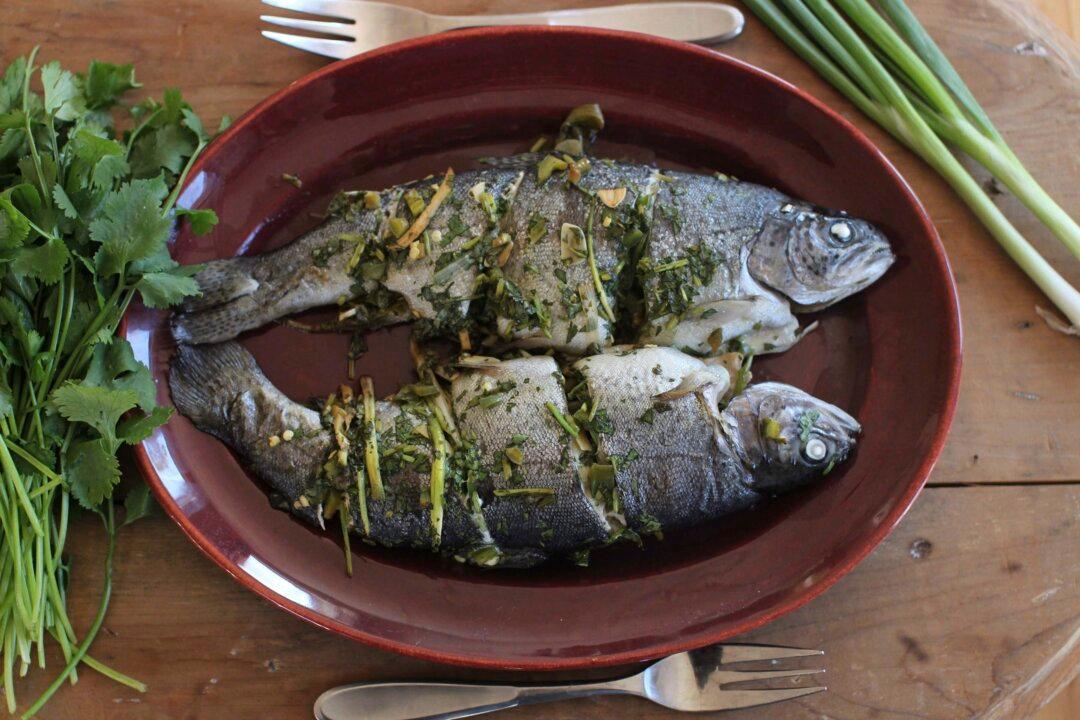Commentary
Growing up in West Texas, I knew not fresh fish from the grocery store. Back in the day, the stores did not even carry the flash-frozen fish that is common now.

Growing up in West Texas, I knew not fresh fish from the grocery store. Back in the day, the stores did not even carry the flash-frozen fish that is common now.